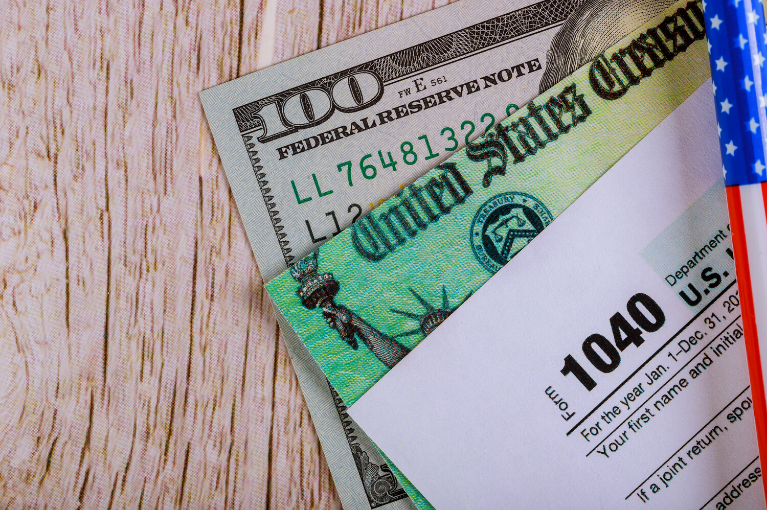The Covid-19 pandemic has impacted nearly every single person on the planet in ways many people never even thought possible, and as we continue to wade our way through this unparalleled situation, we are finding more and more ways that various businesses and industries are being affected.
With an unprecedented number of Americans filing for unemployment, debt collection has been harder than ever for collectors who are attempting to work from home, and business isn’t going to get any better on account of those $1,200 stimulus checks, especially here in California.
Like many other consumer-focused states, California has put a number of different protections in place that forbid debt collectors from garnishing those valuable stimulus checks. Let’s dive into the details and break down exactly what debt collectors can and cannot do right now.
The Judgment Factor
The key determining factor in whether or not one of the $1,200 stimulus checks can be garnished is whether or not the debtor in question has an existing judgement filed against them.
In a situation where a standing judgment exists, it is possible for the person holding that judgment to garnish a portion of the debtor’s stimulus check.
However, if there is no judgment in place, a commercial debt collector has no legal right to collect any portion of the stimulus check.
Money Collected Must Be Returned
Here in California, local lawmakers have once again gone above and beyond to protect consumers by insisting that any garnishments from stimulus checks for debtors that do not have judgements against them must be returned to those debtors.
Because the purpose of a stimulus check is to encourage consumers to spend the money in an effort to stimulate the economy, the government wants those debtors to have the money in their pockets to spend.
Watch Out for Those Bank Charges
One area where California consumers might have issues is with banks deducting outstanding late fees and overdraft fees from any stimulus payments that are deposited into accounts there.
While many of the larger banks have explicitly stated that they will not be doing this, there is nothing written that explicitly forbids it either.
It is obviously not a good policy for any consumer to have a significant amount of outstanding fees owed to any bank, but if you happen to fall into this category, make sure that you are careful about where your stimulus check is deposited.
Temporary Protections in Place
No matter which version of these issues best describes your current situation, it is important for everyone to remember that this is likely going to be a temporary bump in the road over the course of our much longer lives.
So, while these protections that have been put in place to protect consumers that are struggling right now might be a good thing for consumers and an added difficulty for commercial debt collectors, life will eventually return to normal and whatever balances are owed will still be on the books.
These are truly unique times for everyone, but we will eventually get ourselves through to the other side. Make sure that you maintain your dignity and treat everyone you encounter with respect as we all struggle to find our way through this.






